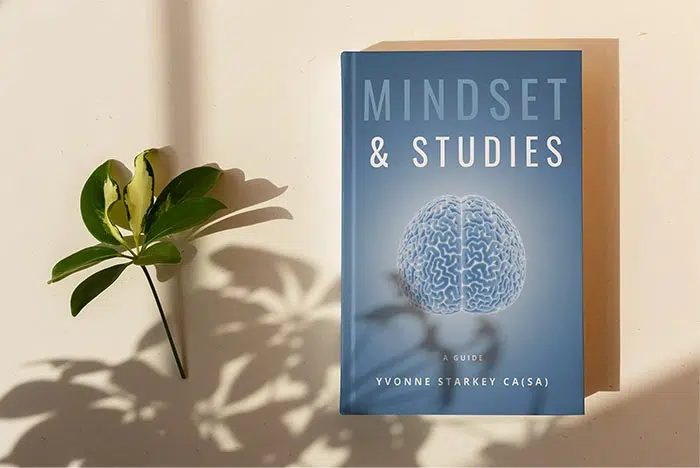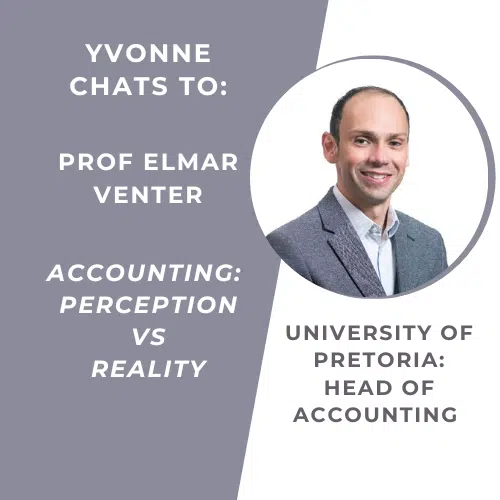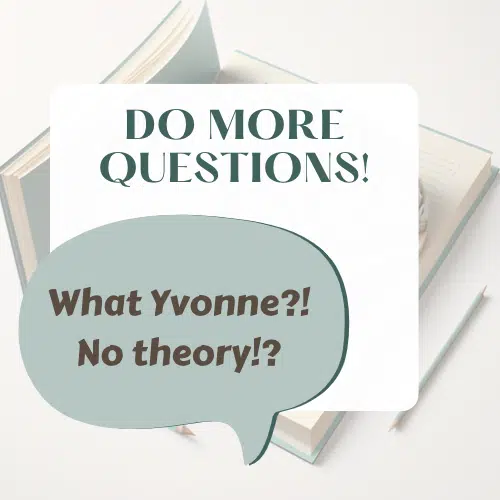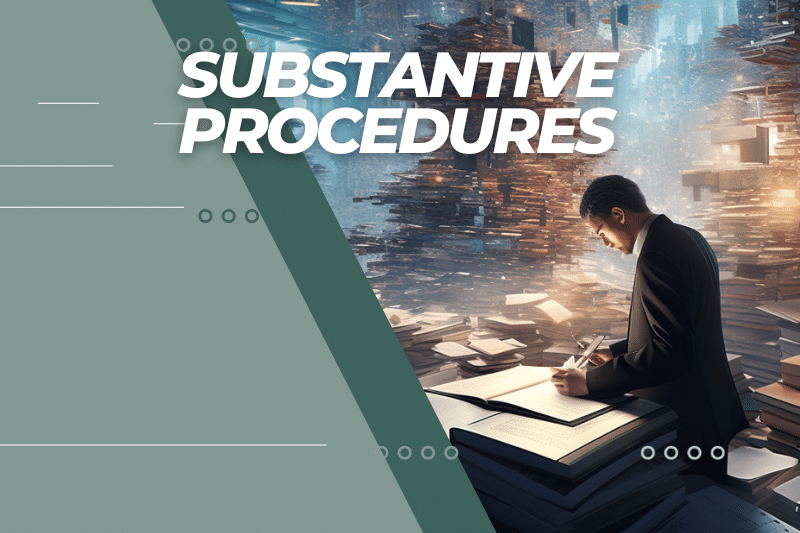An important component of your studies, that is often overlooked, is the need to assess your own work and your weaknesses. Although we don’t want to focus on the negative points, we do need to be aware of them in order to improve our work and our knowledge.
Simply identifying that you got something wrong doesn’t help us. We need to identify the reason that we made the mistake. There are different reasons, and the correct identification of these can assist us in order to correctly respond to the problem.
What follows is the first of a series of articles I’m writing on different methods and concepts to assist you with your exam technique.
Auditing can be very tough to mark yourself while you’re studying. A lot of times, you will award the marks if you see the same terminology, or if you picked up the same indicator as the solution. If you’re not getting the marks at all, it can be very difficult to figure out how to improve. What should we work on? How do we fix the problem?
My first suggestion is very unpopular with students:
Get someone else to read through your work!
Yes, you read that correctly! Get someone else to read through your attempts before you mark it. A lot of times, I find students awarding marks to themselves because “that’s what I MEANT to say”, or “I used the same keywords”. This is not the same as actually being able to articulate your point and fully express yourself.
Your first hurdle to overcome is that dreaded fear that someone will read your work and think that you don’t know anything… that’s ok! If they’re a fellow student… they are probably just as worried as you! If your examiner is going to see it, then let someone else help you improve your work before it really counts!
Stop thinking that your attempt has to be perfect before anyone can see it. It never will be. It will never look like the solution in the study guides. Your job is to make sure it’s good enough to pass… and this will help!
A lot of students study Auditing by writing down abbreviations, or indicators of what they ‘would say’ in an exam, all the while saying to themselves: “In the exam I’ll write this out properly”. The problem is, that you build up a bad habit of abbreviating, and you haven’t actually learnt how to answer the questions properly, deal with time management and structure.
Sit with someone else and let them read your work. Let them assess whether your sentences actually make sense, whether you communicated the idea properly, then mark your work after they’ve done this. It will give you a very good indication of what the examiner will see when they look at your work.
Leave your attempt for a day or two, then come back and read it yourself, slowly and objectively. Try read it as though you didn’t write it. If you’re honest you’ll probably admit that some of what you wrote didn’t quite come out the way you intended. These are areas that you will lose marks!
As important as it is to have someone else read your work, you should be reading other students’ work as well. Students find a lot of value in realizing how their attempts look to other people, seeing what good and bad communication looks like. Indirectly, it also helps you to communicate better.
Stay tuned for the next exam technique instalment!














2 Comments
Are your posts only going to be relevant to Auditing.. or will it be a holistic approach on all the other 3modules
Most of them will be more holistic. This one does apply to all subjects as well. Although I’ve spoken a lot about communication, there is equal value in peer marking across all subjects. It really gives you a heightened understanding of what your paper will look like to the examiner. Your structure, layout, referencing and even handwriting for Tax, Man Acc, Fin Acc is vital!